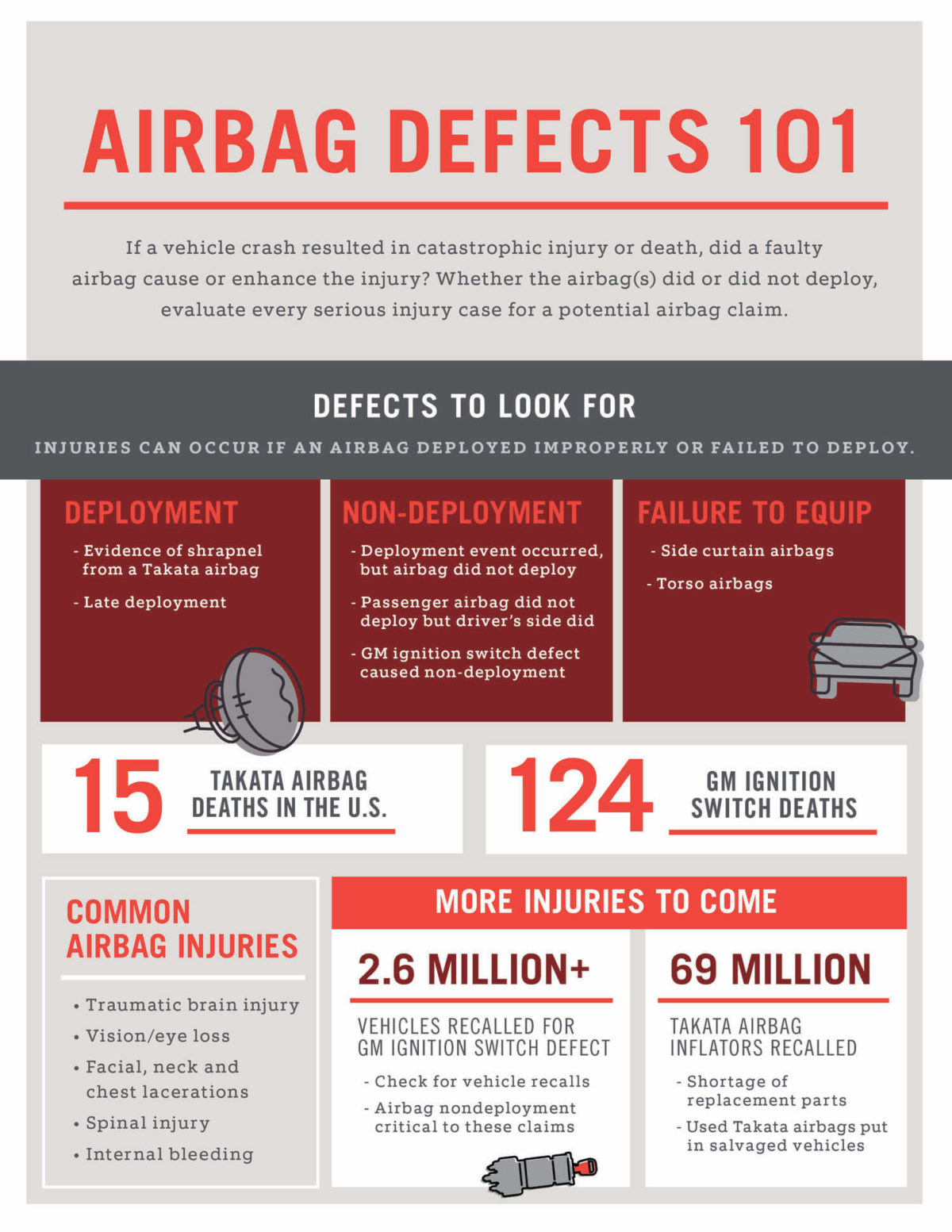
Toyota yesterday announced the recall of 1.7 million North American vehicles on Wednesday, as part of the ongoing recall involving potentially deadly Takata front passenger airbag inflators. Tom Krisher and the Associated Press provided initial coverage of this national story, which has been covered now by multiple media outlets.
The Takata airbag recall has affected virtually all major automakers. The airbags were made with the chemical ammonium nitrate and were prone to exploding upon deployment, potentially hurling fiery shrapnel into passengers. At least 23 people worldwide have died in incidents blamed on the defective devices. The latest recall affects certain Toyota and Lexus models. This includes 1.3 million in the U.S., with popular models like the 4Runner, the Corolla, and the Sienna.
Owners can check to see if their vehicles have been recalled by visiting Toyota’s resource center online. Consumers will also receive a mailed notification, starting in late January, a Toyota press release states.
Langdon & Emison has litigated defective airbag cases on behalf of clients nationwide. Though the Takata issue is a different type of defect, when airbags work properly, they are critical to preventing injuries and saving lives. We have seen in our practice how an airbag that is improperly designed or manufactured can seriously injure or kill innocent people. Faulty airbags can fail in a number of ways, including if the airbag:
- Hit an occupant before being fully inflated
- Punched out of its storage compartment and strikes an occupant with excessive force.
- Deployed unnecessarily in a minor accident, causing injury that would not have happened otherwise.
- Ruptured and sprayed shrapnel into the vehicle compartment, like the problem with Takata airbags.
-
Failed to deploy.
- Had incorrectly calibrated sensors that caused overly aggressive deployment or no deployment at all.

